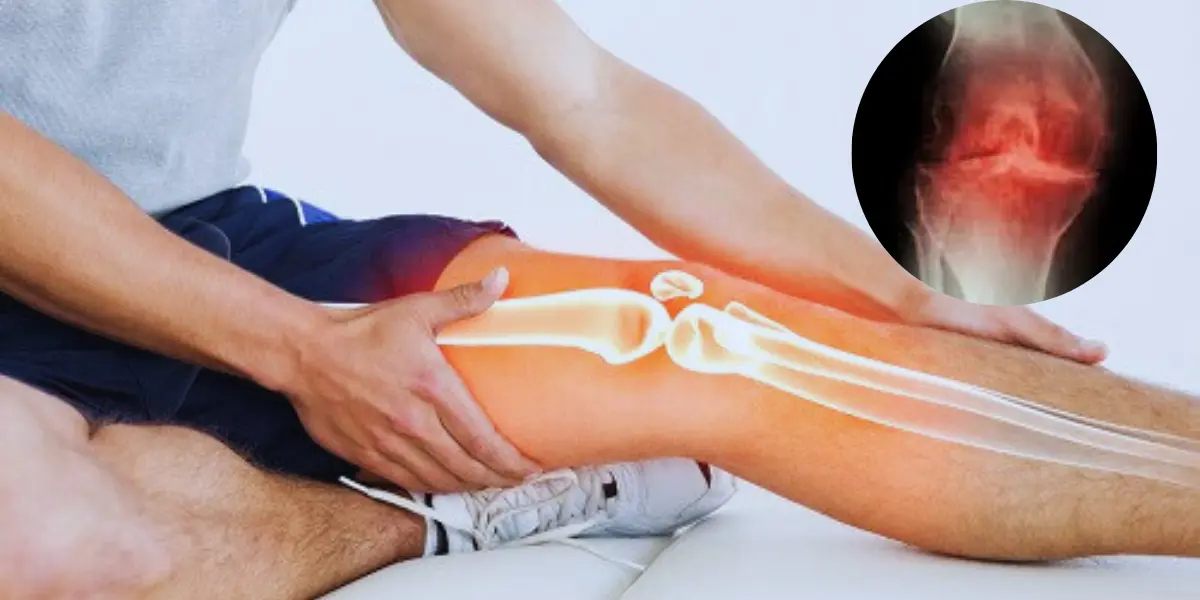Stiff joints refer to a sensation of reduced flexibility or restricted movement in one or more joints. This stiffness can be accompanied by discomfort, pain, or a sense of tightness in the affected area. The range of motion in the joint may be limited and moving the joint might be more difficult than usual. However, there is one vitamin that can help alleviate the symptoms of stiff joints.
Why Are My Joints So Stiff? Causes Of Stiff Joints
There are various reasons for stiff joints depending on the disease one suffers from. That includes:
- Arthritis– This could include rheumatoid arthritis, gout and osteoarthritis.
- Inflammation– Inflammatory conditions like tendinitis or bursitis can cause swelling and stiffness in the joints.
- Joint injuries– Trauma such as sprain or strain can result in joint stiffness. Injuries can damage the structures within the joint.
- Overuse or misuse– Repetitive motions or overuse of certain joints especially in activities like manual labor and or sports can cause stiffness.
- Autoimmune diseases– Conditions like lupus or MS could lead to the weakening of joint muscles and lead to stiffness.

Symptoms Of Stiff Joints
Stiff joints can be categorized by symptoms including:
- Reduced Range Of Motion– Difficulty in moving the joint through its full range of motion.
- Discomfort Or Pain– It could be accompanied by aching sensations during movements.
- Swelling-Inflammation of the joint can lead to swelling which contributes to stiffness.
- Warmth And Redness-Inflammation in the joint may cause the skin over the joint to become warm and red.
- Crepitus– A sensation of grinding, popping, or crackling within the joint during the movement.
What Is The Best Vitamin For Stiff Joints?
It is crucial to maintain a balanced diet including vitamins and minerals. However stiffness in joints is your enemy, you might want to go for Vitamin D which helps manage the condition. Not only does it help you with bone health but also has deep ties when it comes to joint health. Its influence on the following is often related to calcium absorption and utilization in the body. Most importantly it helps in the following ways:
Calcium Absorption– Vitamin D is essential for the absorption of calcium from the intestines. Calcium is a key mineral that contributes to the formation and maintenance of strong bones. Adequate levels of calcium are important for the health of the entire skeletal system including joints.
Bone Health– Bones are the strongest part of the body. But that doesn’t make them invincible. They are prone to breaking and can cause severe pain if moved from their actual position. Vitamin D works in conjunction with Calcium to promote bone mineralization. Strong and healthy bones support the joints and help prevent conditions such as osteoporosis which can contribute to joint stiffness.
Anti-inflammatory Effects-Vitamin D has been associated with anti-inflammatory effects. Inflammation is a common factor in many joint disorders including arthritis. By modulating the inflammatory response, Vitamin D may help reduce inflammation in the joints, potentially alleviating stiffness.
Muscle Function– Bone health is closely associated with muscle function and there are over 300 muscles all working in tandem to make a smooth movement possible. However, sometimes, muscle function takes an impact and can cause joint stiffness. Vitamin D is important for muscle function and strong muscles contribute to joint stability.

Vitamin D can be consumed using various sources or perhaps a combination of some. Firstly, you can always expose yourself to sunlight to get much-needed Vitamin D. Remember that this is applicable to the rays of the rising sun and not the setting or moon. Additionally, if you are allergic to UV rays, you might want to skip it. Secondly, go for supplements available in the market with trusted brand names so as to ensure quality. Thirdly, modify your diet to include natural sources of Vitamin D in your diet including leafy vegetables. This would be the safest way to consume Vitamin D and help the bodywork with its bone and muscle woes.
Conclusion
Vitamin D can be certainly considered a beneficial nutrient. Nevertheless, this doesn’t make it susceptible to side effects or allergies. People may start experiencing various symptoms if they exceed the guided limit. It is important to check with a healthcare professional before making any dietary changes including the inclusion and exclusion of Vitamin D.